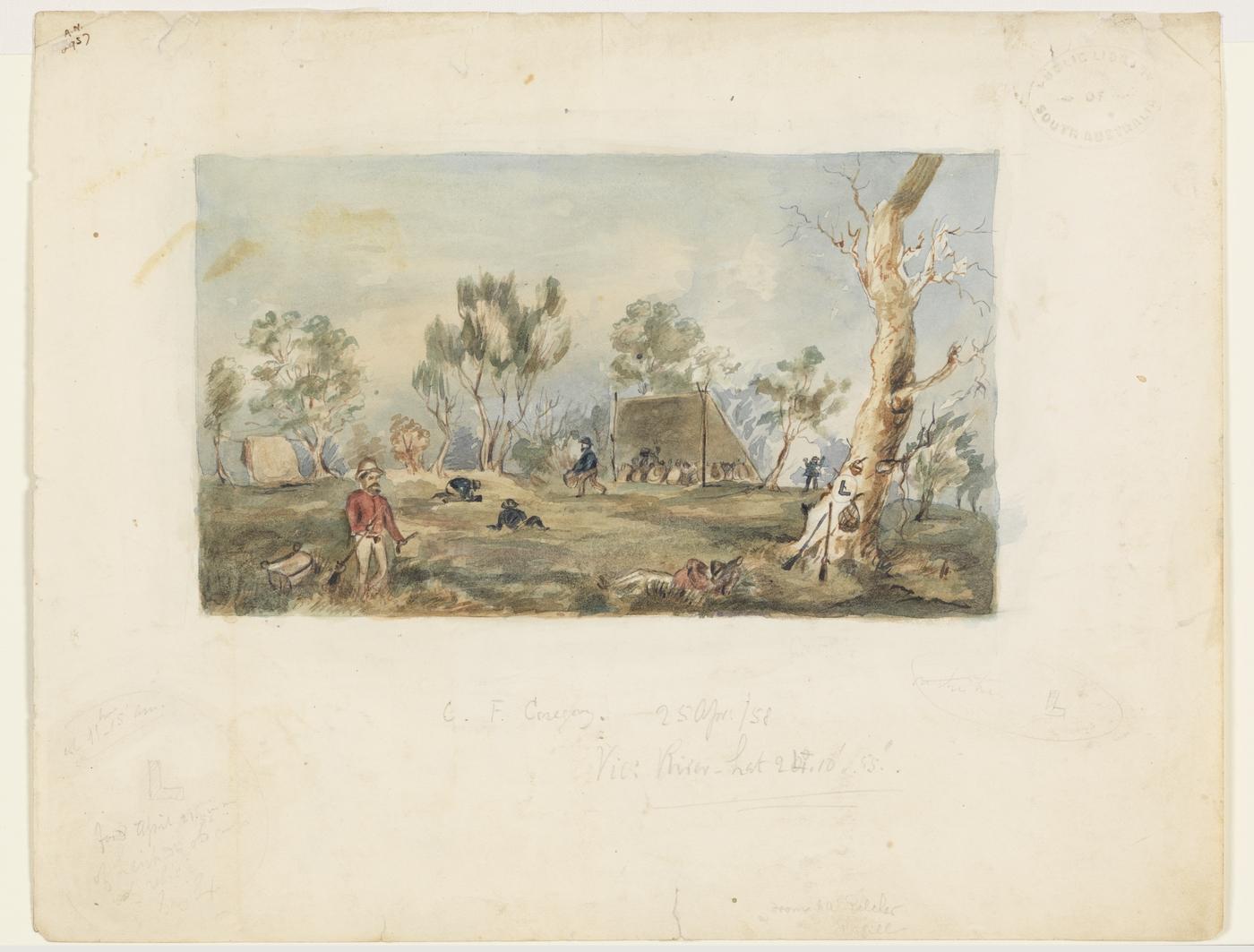The Leichhardt legacy
The Leichhardt legacy
Leichhardt is credited as one of the few Australian explorers to observe what the Indigenous people ate and copy them by living off the land. This knowledge gave him a considerable advantage over his fellow explorers. Leichhardt’s ability to fall back on his surroundings as a food source enabled him to travel widely and successfully, uncovering a vast area of previously unknown country.
Like other explorers, Leichhardt understood that the lasting legacy of his expeditions would lie in the information they provided for future European settlement. The discovery of new lands between Brisbane and the north of Australia, and Leichhardt's success in exploring country previously unknown to Europeans did indeed excite great interest.
Leichhardt left behind a detailed record of his experiences in Australia in the form of catalogue fieldbooks, notebooks, journals and letters. Despite only completing one large expedition, his meticulous observations made him famous within the Australian colonies and throughout Europe. The Geographical Societies of London and Paris both recognised his exploration achievements with gold medals.
Leichhardt is credited as one of the few Australian explorers to observe what the Indigenous people ate and copy them by living off the land.

